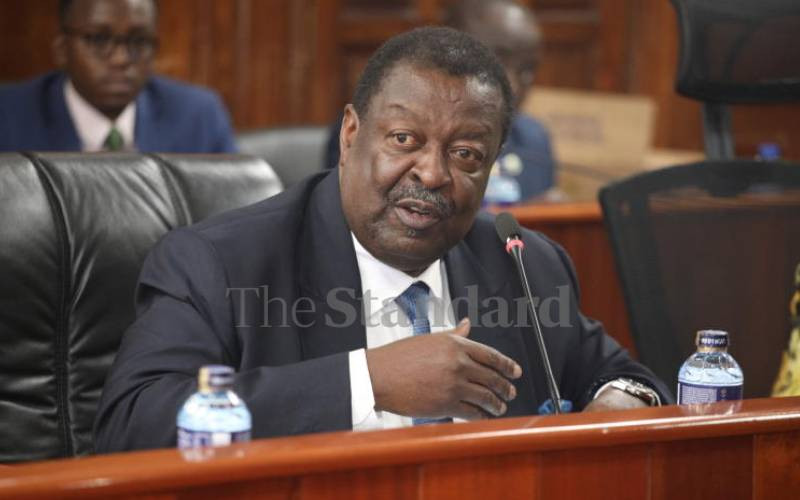×
The Standard e-Paper
Home To Bold Columnists

The government is working on an anti-corruption strategy that will have Principal Secretaries (PSs) at the forefront of preventing scandals.
The plan involves establishing corruption prevention committees to be chaired by PSs as decided in a meeting of National Development Implementation Committee (NDIC).